Keywords: Aboriginal And Torres Strait Islander
There are more than 24 results, only the first 24 are displayed here.
Become a subscriber for more search results.
-
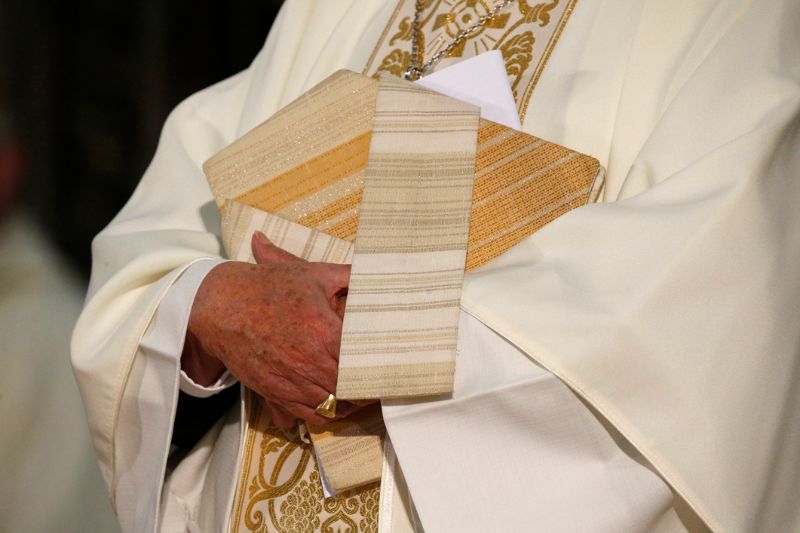
RELIGION
- John Warhurst
- 25 March 2025
As Australia approaches another federal election, the Catholic Church, long ambivalent about democratic politics, prepares to weigh in. Its official statement could play it safe, as in years past — or it could offer a deeper moral vision, confronting the global drift toward division with the quiet radicalism of synodality.
READ MORE
-

ARTS AND CULTURE
- Gillian Bouras
- 20 September 2024
2 Comments
The End of the Morning provides a rich reading experience, showing the reader an Australia that has been largely lost. But most readers will have a sense of dissatisfaction: they will want more. An unfinished novel, and an unfinished life.
READ MORE 
-
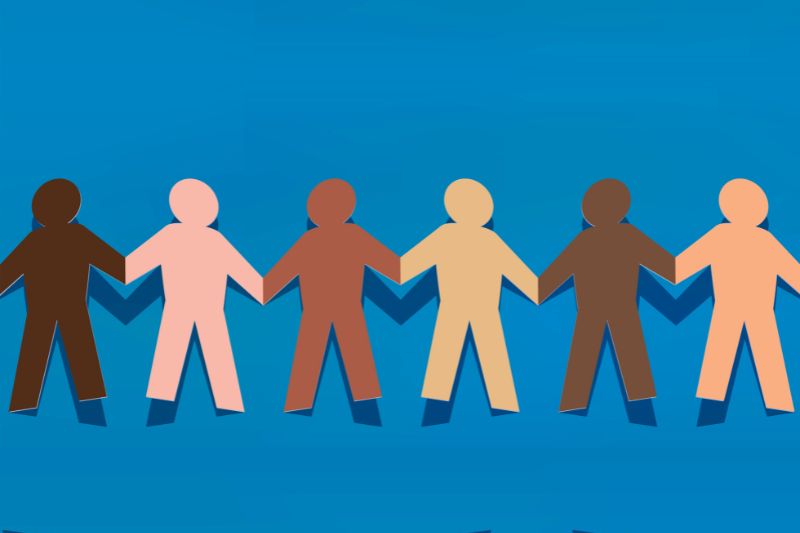
AUSTRALIA
- Joseph Camilleri
- 28 August 2024
3 Comments
As Australia faces numerous moral crises from domestic inequality to global militarization, a proposed national charter of principles could to reshape our society and redefine our global role. This declaration would acknowledge Indigenous dispossession, prioritize human rights, and shift focus from military alliances to human security.
READ MORE
-
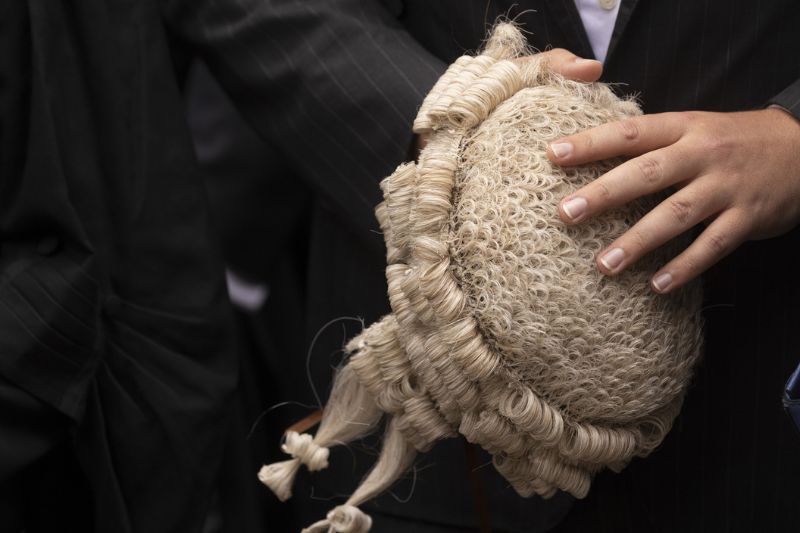
AUSTRALIA
- Frank Brennan
- 20 August 2024
6 Comments
In the aftermath of the failed Voice referendum, questions arise about the legal profession’s role in public discourse. Was this a missed opportunity for legal experts to provide critical analysis and guidance on such a significant constitutional matter?
READ MORE
-
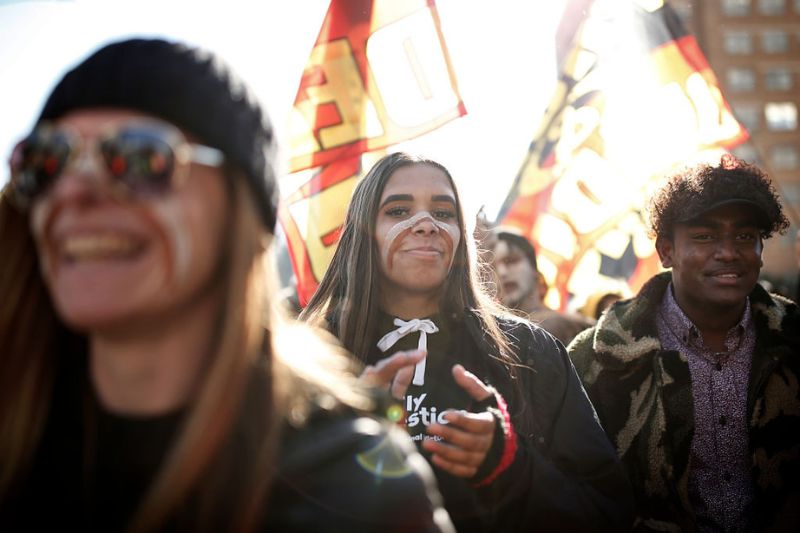
AUSTRALIA
- Andrew Hamilton
- 08 July 2024
1 Comment
A failed referendum leaves many Indigenous Australians feeling unheard, but hope remains. This year's NAIDOC Week takes on even greater significance. This celebration, born from a desire for recognition, is a time to reflect on how to build a more just Australia.
READ MORE
-
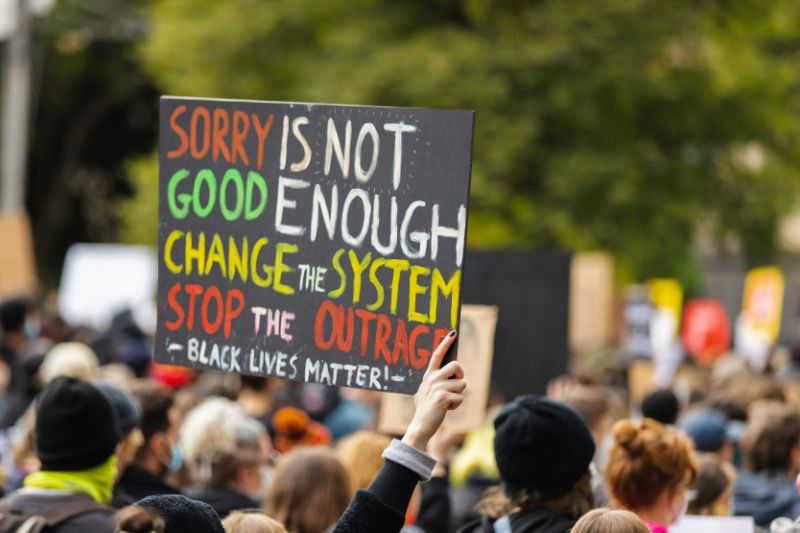
AUSTRALIA
- Andrew Hamilton
- 30 May 2024
4 Comments
This Reconciliation Week and Sorry Day, we consider the defeat of the Referendum and the substantial failure to close the gap between the living conditions of Indigenous Australians and other Australians. It means that for many Aboriginal and Torres Strait Islanders, this week will be less about days of celebration than of grief and of grim resolve to continue to seek justice.
READ MORE
-

AUSTRALIA
- Ulrike Marwitz
- 20 May 2024
4 Comments
Domestic violence is not a simple or straightforward issue, and we know that not all cases have the same dynamics or the same causes. Rather than applying one size fits all responses, we need to begin with addressing the diverse underlying causes.
READ MORE
-

AUSTRALIA
- Peter Mares
- 12 April 2024
1 Comment
The ABC’s recent Q+A housing special left many questions unasked and unanswered. Labor, Coalition and Green MPs all say they want more people to be able to buy their own homes. The most obvious way to achieve that would be to reduce the price of housing. Yet no politician will make that an explicit policy aim.
READ MORE 
-
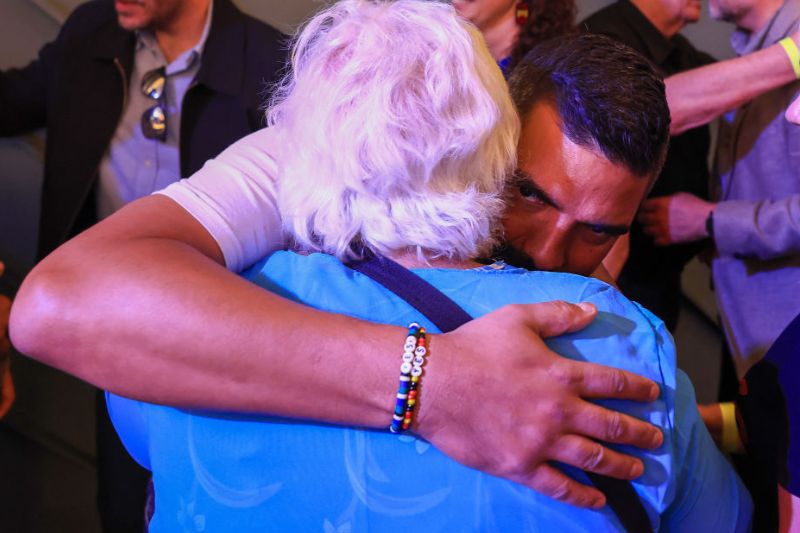
AUSTRALIA
- Brian McCoy
- 14 February 2024
1 Comment
Months after the referendum, can we allow this referendum to die while preserving the essence of its vision and optimism? This is akin to our response to the loss of a loved one — we hold onto their memory, reluctant to let go. How do we keep the deeply treasured aspirations of the referendum journey alive while facing the reality of its death?
READ MORE
-
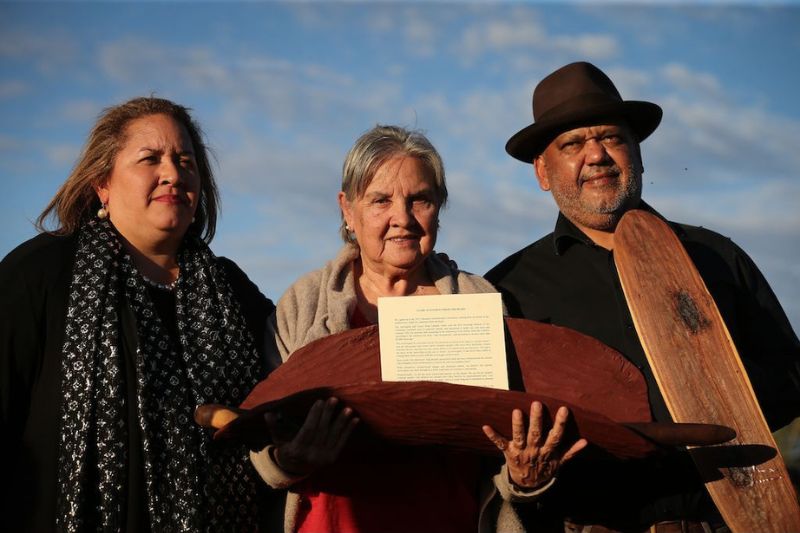
AUSTRALIA
- Frank Brennan
- 07 February 2024
12 Comments
The referendum result was a disaster for the country and a tragedy for First Australians and there has been little appetite for public discussion about lessons to be learnt from this abject failure. If we are to move forward, it’s time to begin the conversation about past mistakes.
READ MORE
-

AUSTRALIA
- Frank Brennan
- 11 January 2024
As the government drafts legislation to stem the rising tide of misinformation circulating online, the nation debates: will these measures sufficiently regulate online content and curb potential harms or threaten freedom of expression? This moment is a critical test for the integrity of Australia's public discourse.
READ MORE
-
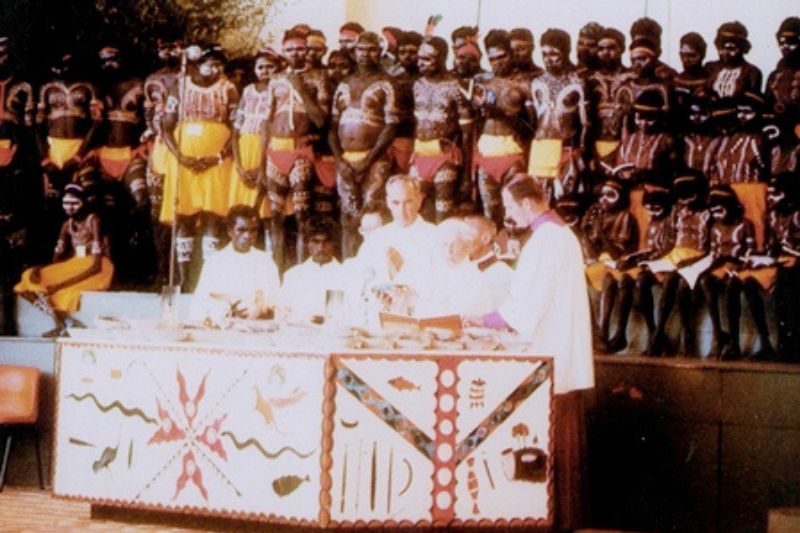
RELIGION
- Brian McCoy
- 11 January 2024
Fifty years ago, the Aboriginal Liturgy was the first attempt by the Catholic Church in Australia to re-shape the Mass, and was the first time we had witnessed and experienced Aboriginal people expressing their Catholic faith in ways that were culturally different from our own.
READ MORE